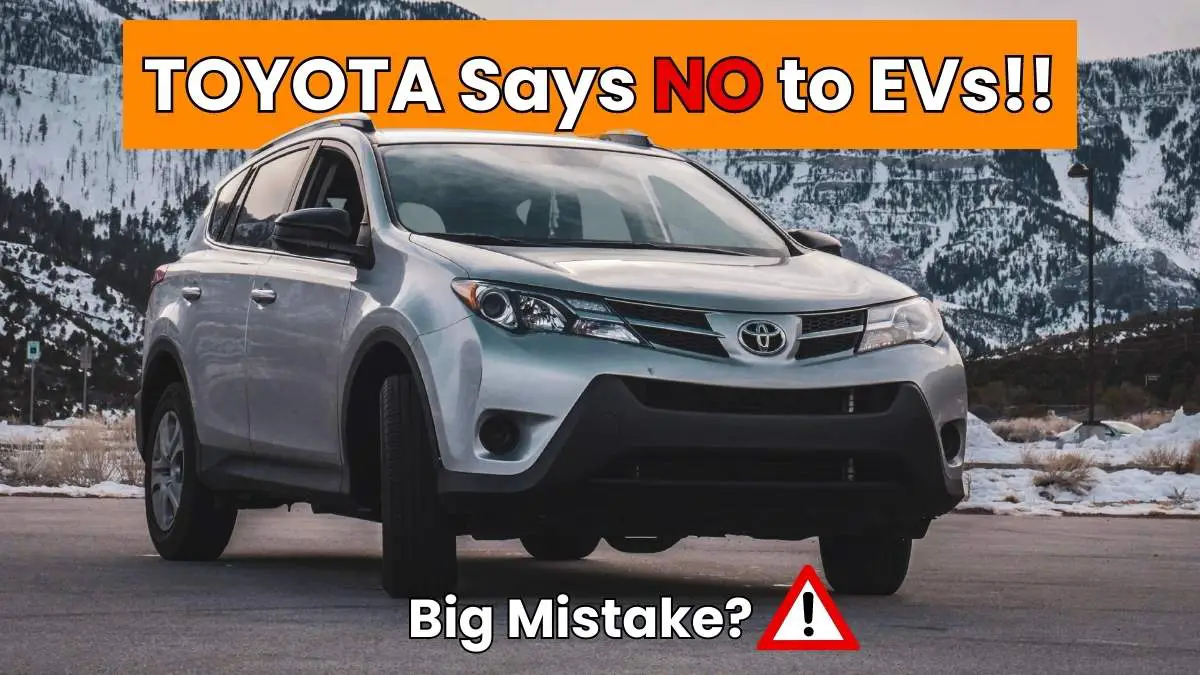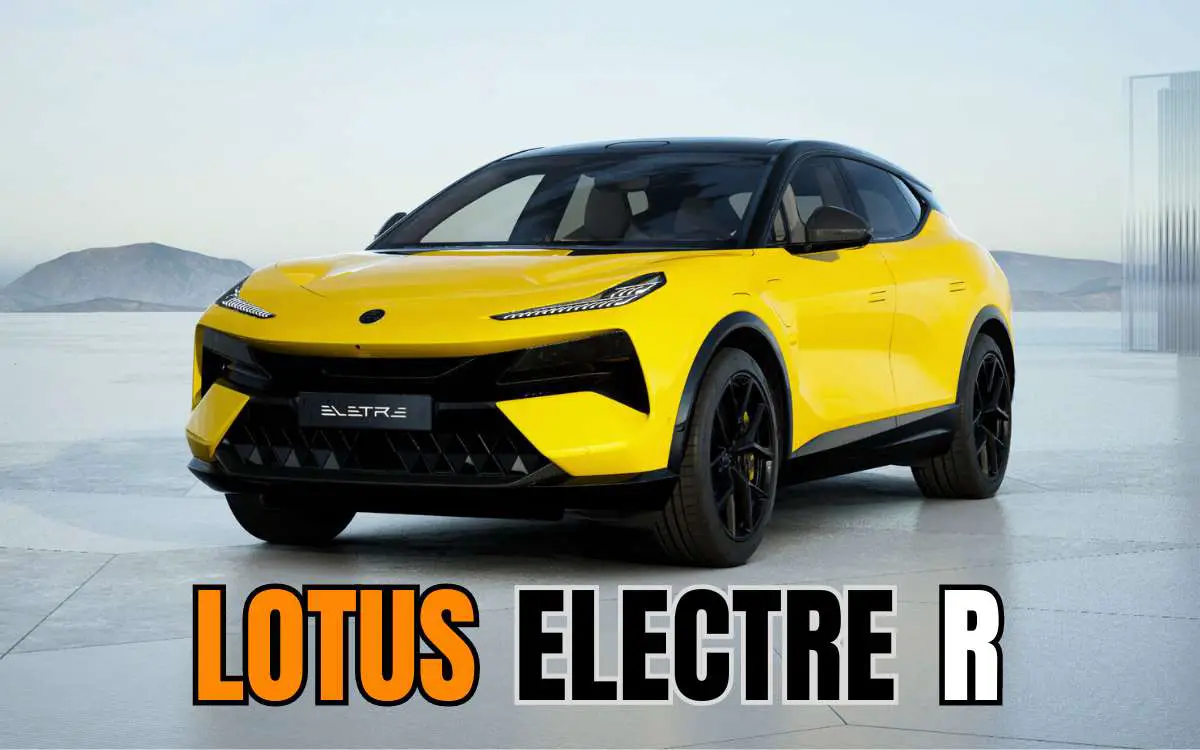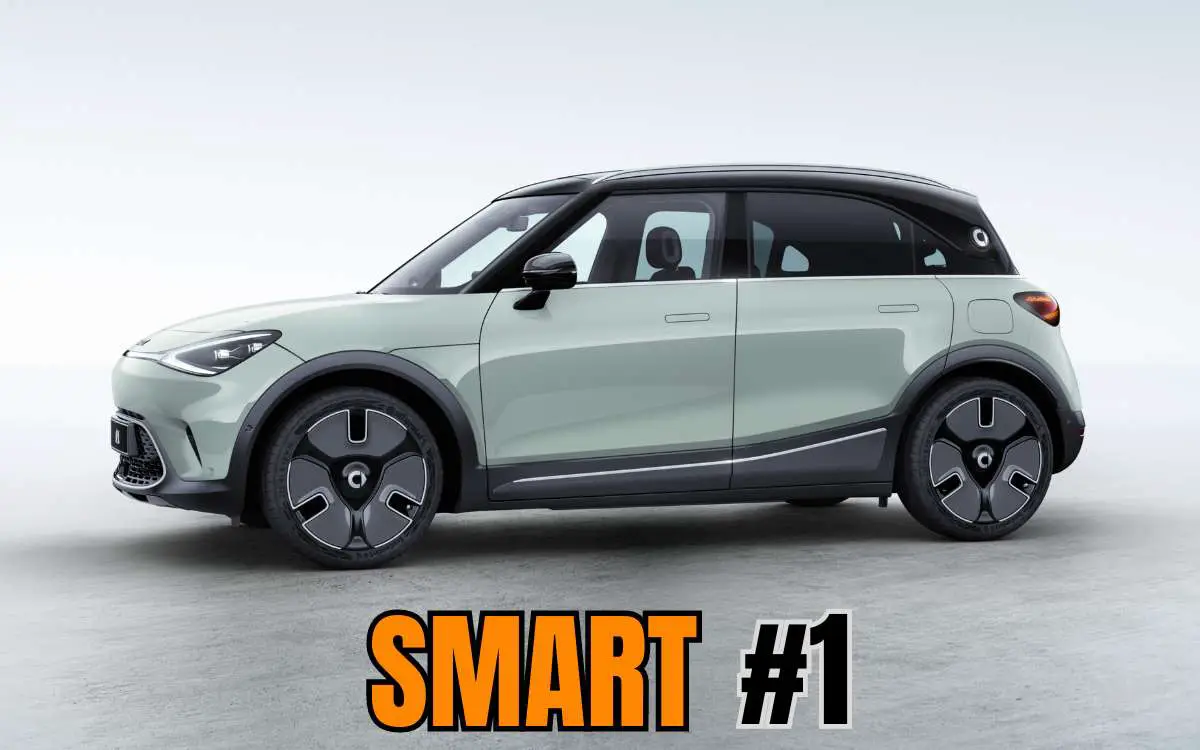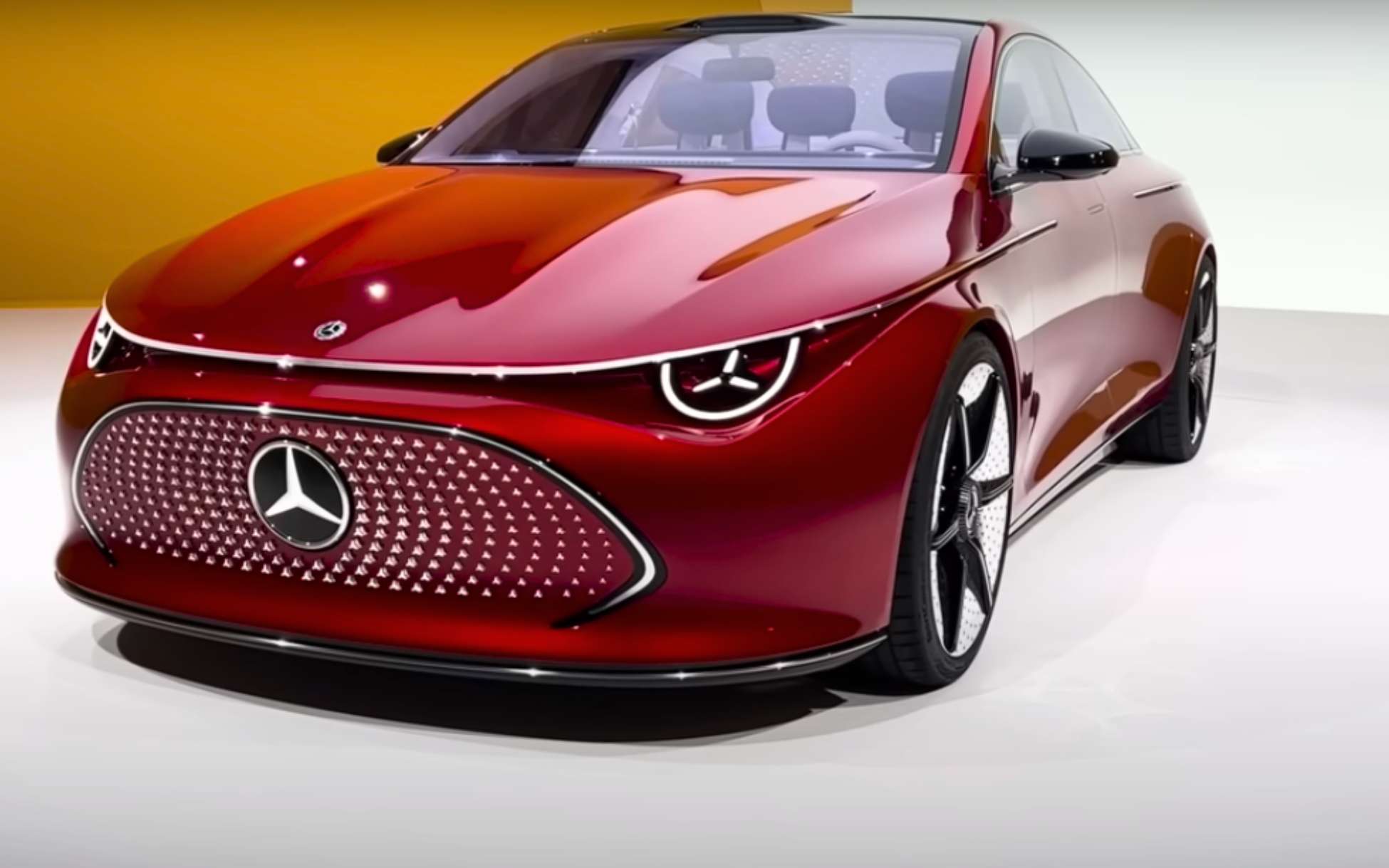In an era of increasing popularity and affordability of electric vehicles (EVs), major automakers such as Ford, Volkswagen, and Hyundai have joined the EV race, driven by technological advancements and consumer demand.
However, one notable manufacturer has remained reluctant to fully embrace EVs: Toyota.
This Japanese car giant, known for its hybrid cars like the Prius, has been slow to adopt EVs and instead focused on other propulsion methods like hydrogen, ICE (internal combustion engine), and hybrid technology.
In this article, we delve into Toyota’s strategy, explore the reasons behind their hesitation, and analyze whether their approach is a smart move or a missed opportunity.
Toyota’s Market Dominance
Before digging deep into the details, it’s crucial to understand the significance of Toyota’s position in the global automotive industry.
As the largest manufacturer in the world, Toyota holds an 11.5% share of total vehicles sold in 2022, with an impressive 10 million vehicles sold globally.
For context, Volkswagen and Hyundai, ranked second and third respectively, sold 8.2 million and 6.8 million vehicles globally.
Surprisingly, while Volkswagen and Hyundai each sold hundreds of thousands of EVs, Toyota’s EV sales amounted to less than 20,000 units.
This stark contrast raises questions about Toyota’s strategy and approach to EVs.
Toyota’s EV Struggles
Toyota’s EV journey took a hit when the company released its only pure EV, the Toyota bz4x, which faced significant issues.
In June 2022, Toyota issued a global recall for the bz4x electric crossover SUV due to loose hub bolts on the wheels.
This flaw caused wheels to come loose after sharp turns or hard braking, leading to potential safety hazards.
While Toyota addressed the issue, the incident tarnished the company’s reputation for building high-quality, dependable, and low-maintenance cars over the past 80 years. Such setbacks make it understandable why Toyota has been cautious about fully embracing EVs.
Toyota’s Former CEO and Strategy
The former CEO of Toyota, Akio Toyoda, was highly critical of EVs, describing them as overhyped and environmentally unfriendly. In a press conference, he stated that battery electric vehicles would take longer than the media portrayed.
Toyota’s strategy remains focused on pleasing the widest possible range of customers with a variety of powertrains, including hybrids, hydrogen fuel cell vehicles, and traditional ICE-based gasoline-powered models.
The company believes that EV adoption will vary across regions due to factors such as high vehicle costs and a lack of charging infrastructure.
Toyota’s approach aims to provide customers with a choice while closely observing the market’s direction.
Global Sales Analysis of Toyota
Toyota’s global sales figures raise further questions about their reluctance to fully embrace EVs.
Their top five markets include the U.S., China, Japan, Canada, and Australia, which collectively account for nearly 6.5 million vehicle sales.
These countries have high EV adoption rates and government transition incentives. On the other hand, Toyota’s next largest markets, such as Indonesia, Brazil, Thailand, India, and the Gulf States, make up only 1 million sales combined.
This contrast indicates that Toyota’s global sales are still heavily reliant on regions where EV adoption is substantial, suggesting a possible missed opportunity.
Toyota’s Leadership Continuity
When Toyota announced its CEO’s departure, analysts and investors hoped for a change in the company’s attitude towards EVs.
However, Toyota’s decision to promote its former CEO to Chairman, overseeing strategy, and hand-picking a successor who shares his views reveals the company’s long-term planning approach.
Toyota operates with a vision spanning 20, 50, and even 100 years, far beyond the short-term market opinions that often influence other automakers’ decisions.
While competitors rush into pure electrification, Toyota remains committed to profitability and catering to a significant portion of the population that still favors traditional powertrains.
The Global Transition to EVs
BloombergNEF predicts that EVs will account for 50% of global passenger car sales by 2035 and 70% by 2040.
However, this doesn’t imply the disappearance of ICE vehicles from roads entirely. With a typical car life cycle of 20 years, new gas-powered cars sold in 2040 will likely still be on the road by 2060.
Several countries and regions have announced plans or targets to ban or phase out the sales of new ICE vehicles, further accelerating the transition to EVs.
For example, the European Union aims to end ICE car and van sales by 2035, and Canada has a similar goal. Nevertheless, not all countries have committed to such ambitious targets, highlighting the diverse approaches globally.
Toyota’s Unique Position
Toyota’s approach sets them apart as a rebel in the automotive industry. While other manufacturers rush towards full electrification, Toyota’s diversified strategy allows them to cater to customers who prefer hydrogen or hybrid vehicles.
Despite not delivering a competitive EV for the Western market, Toyota’s loyal customer base, particularly in Asia, Africa, and South America, remains unfazed by this fact.
Toyota understands that various opinions coexist, and not everyone believes that EVs are the ultimate solution.
This perspective enables them to continue selling vehicles to a substantial customer base for the foreseeable future.
Wrapping Up
As the world’s largest automaker, Toyota’s reluctance to fully embrace EVs raises debates about the company’s strategic decisions.
While legacy automakers like Tesla, Volkswagen, and Hyundai actively pursue EV dominance, Toyota remains steadfast in its commitment to a diversified approach.
With loyal customers across different regions, Toyota acknowledges the existence of divided opinions and leverages its reputation for quality and customer satisfaction.
While battery electric vehicles currently lead the race, the ultimate global solution for sustainable transportation remains uncertain.
In the end, time will reveal whether Toyota’s approach is a smart move or a missed opportunity in the transition to an all-electric future.
What do you think about Toyota’s strategy? Share your thoughts in the comments.






Leave a Reply